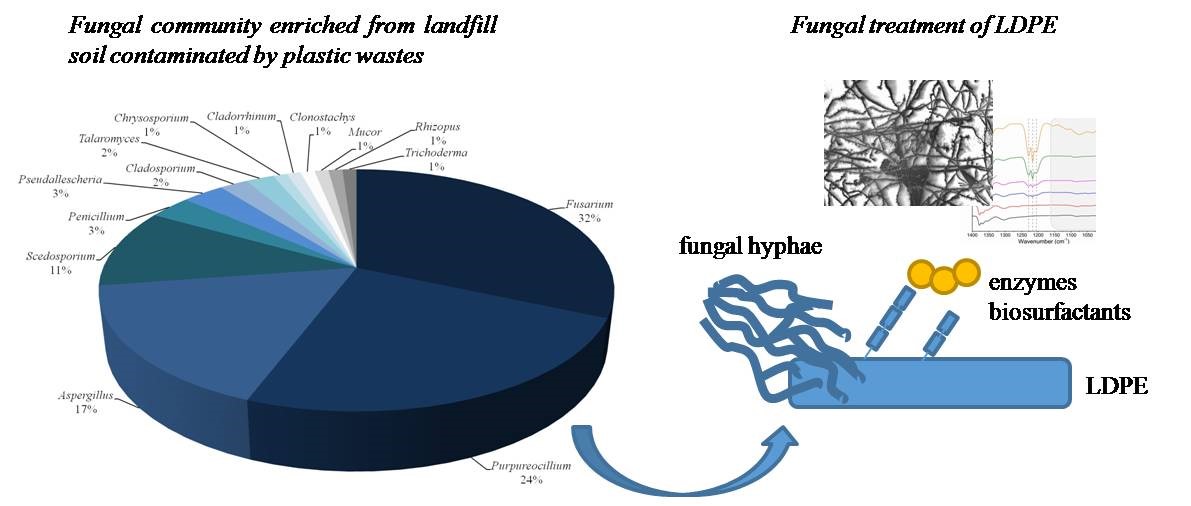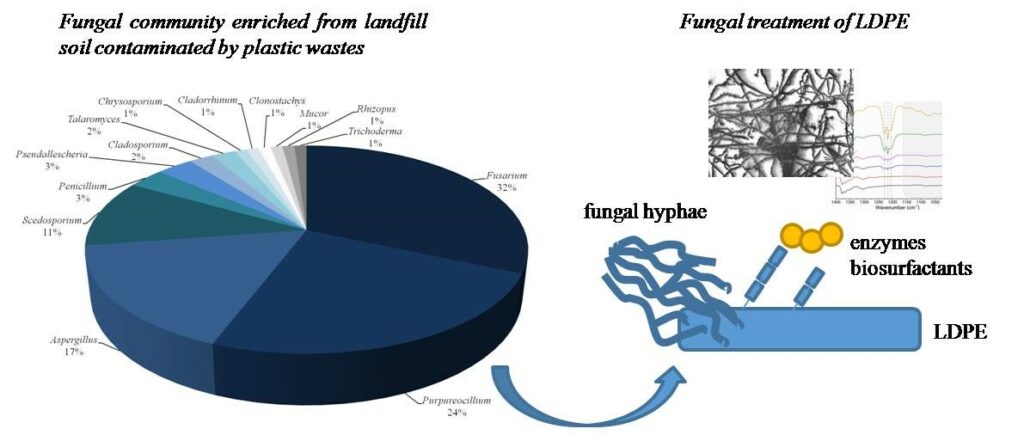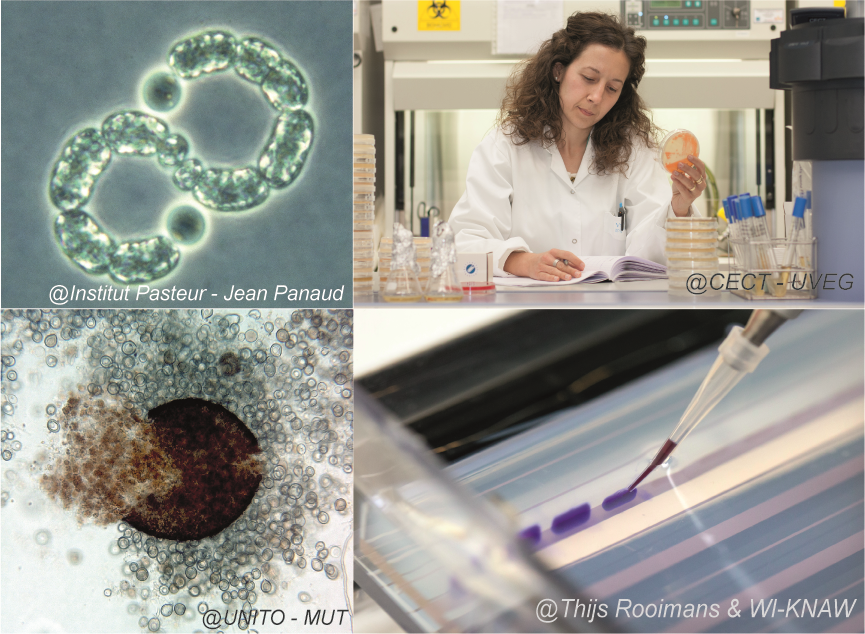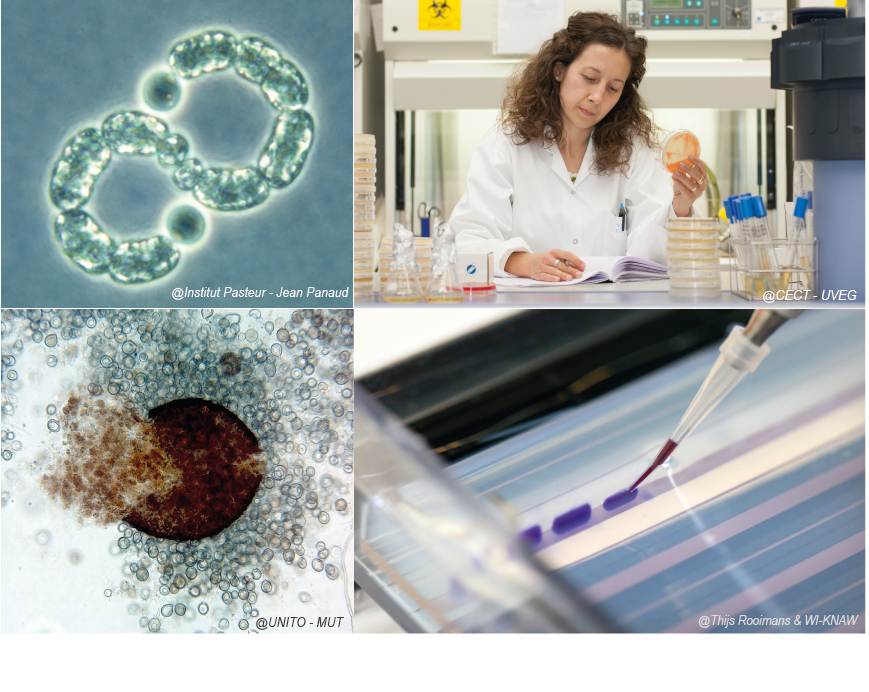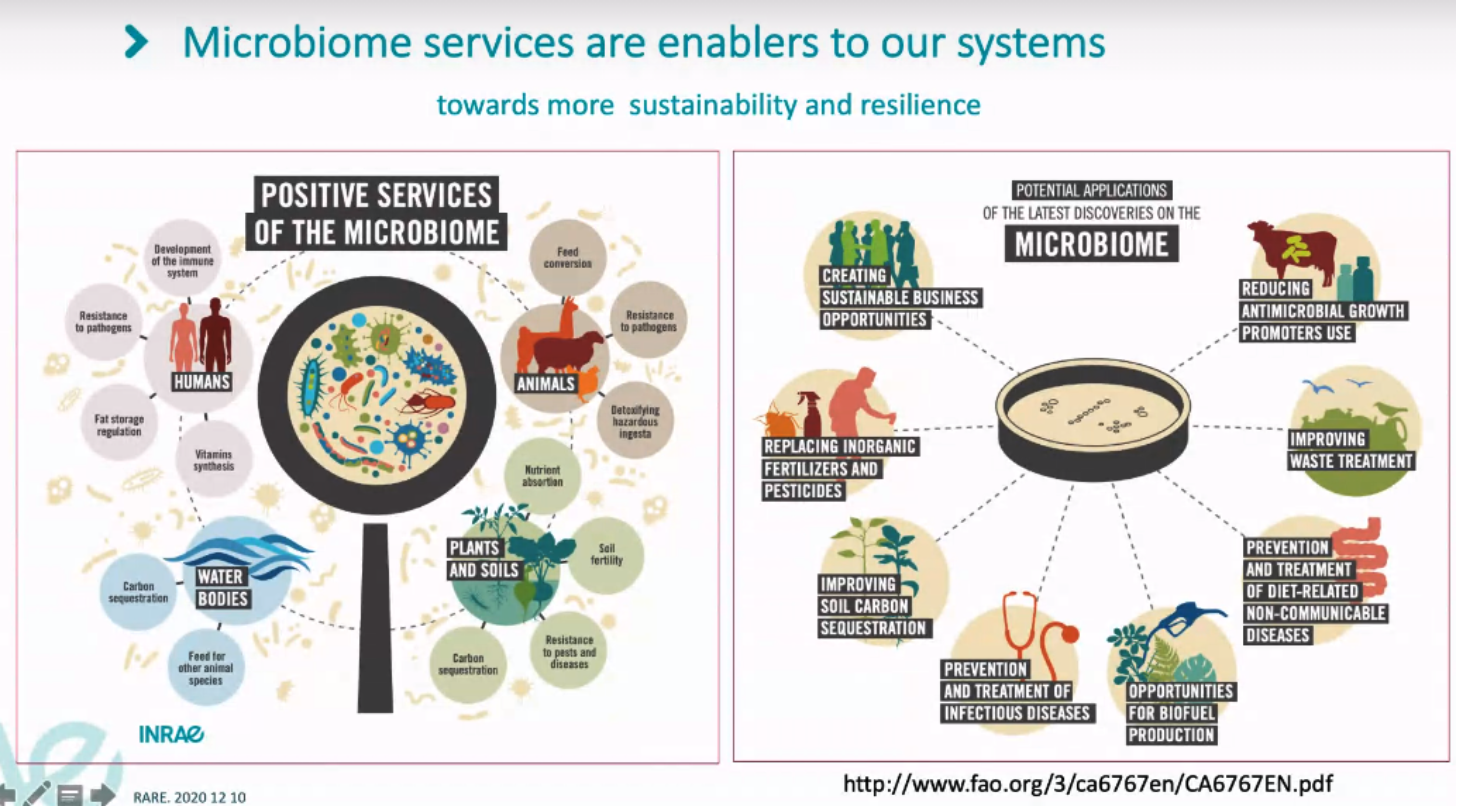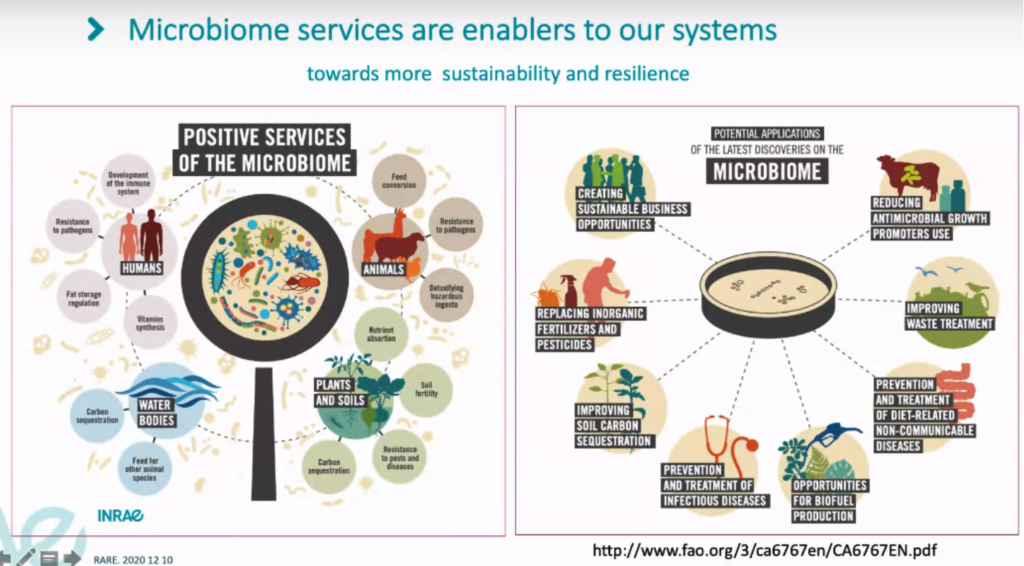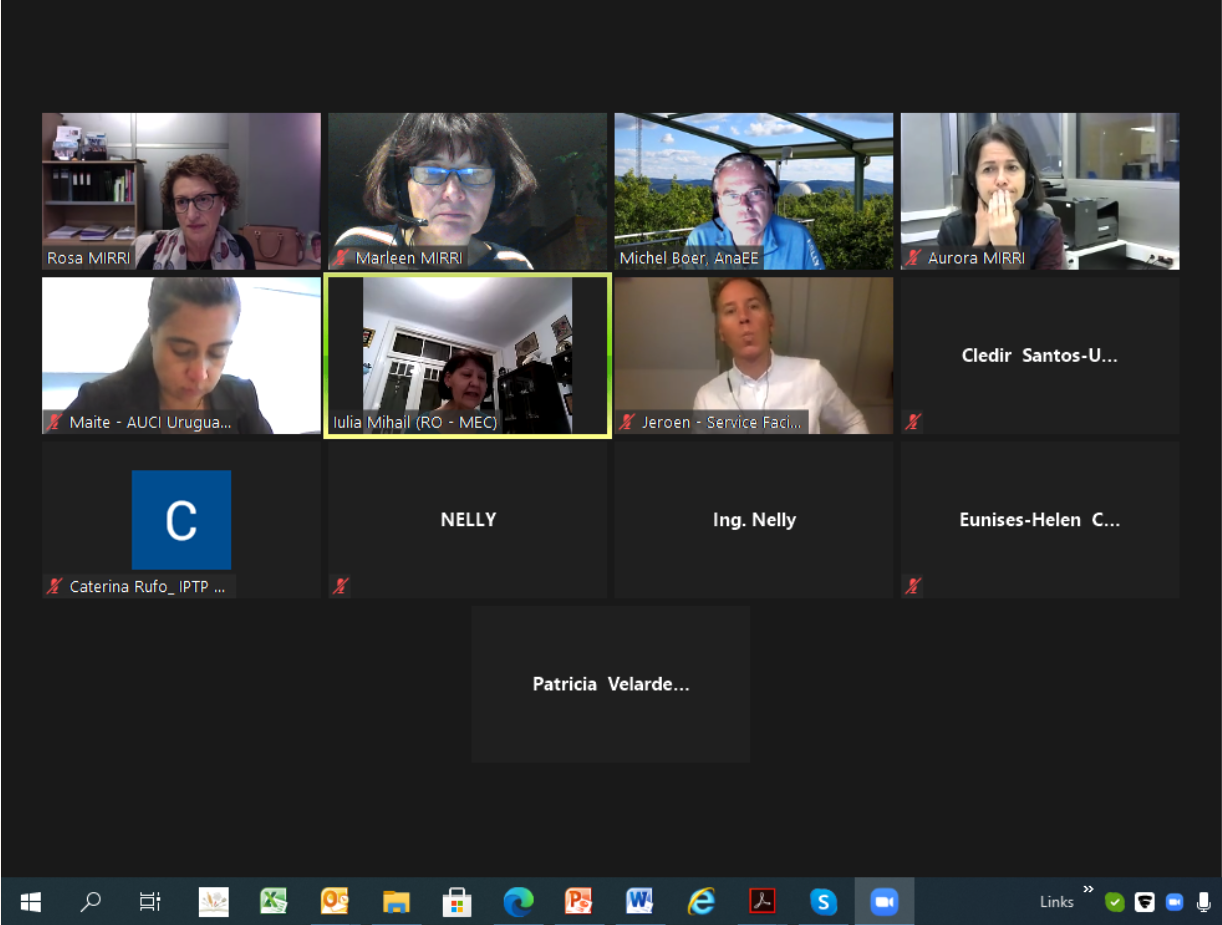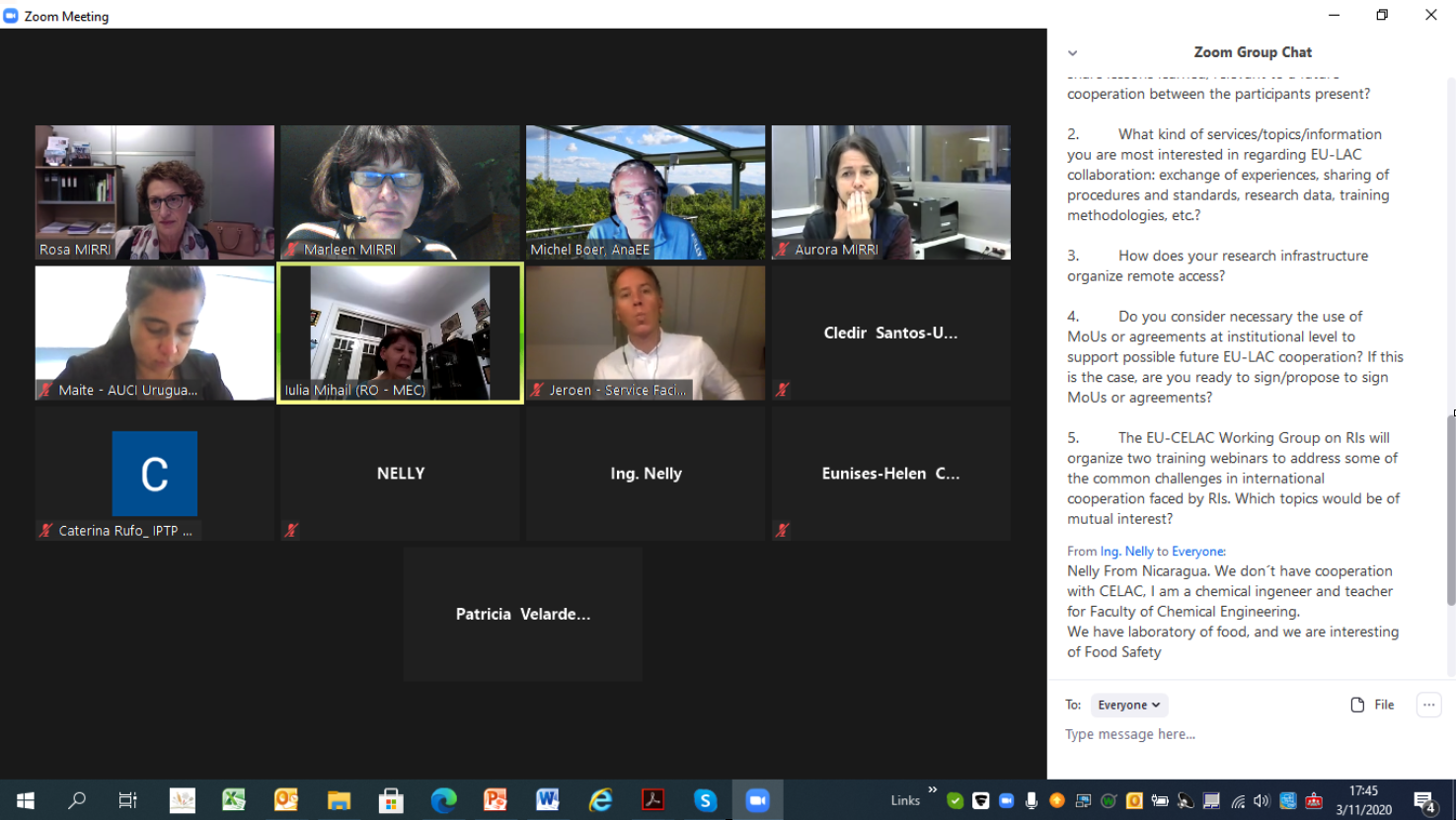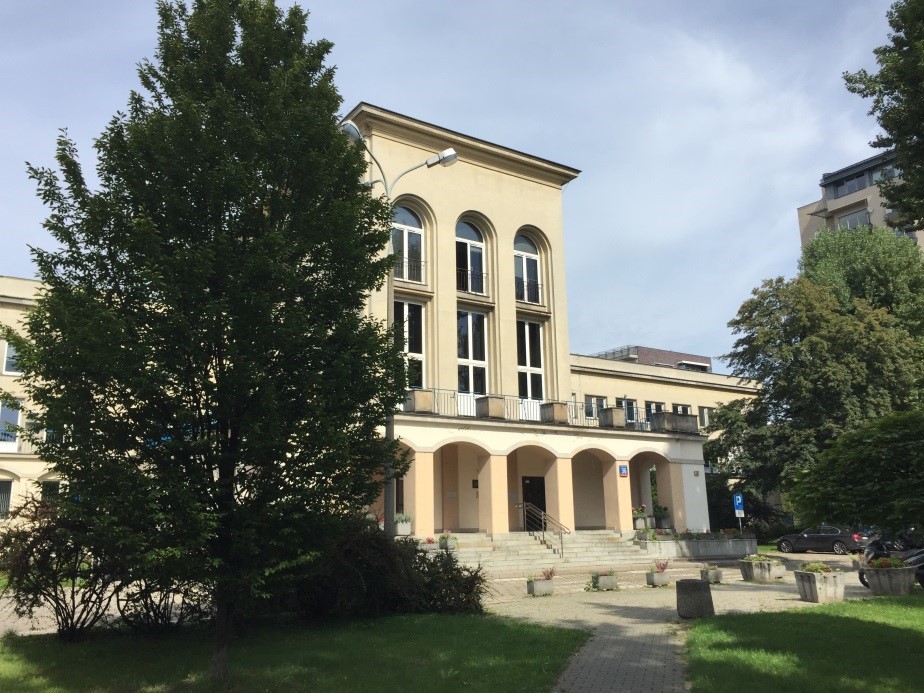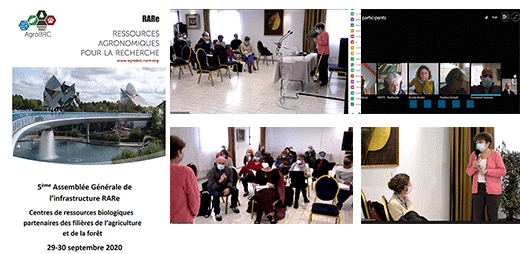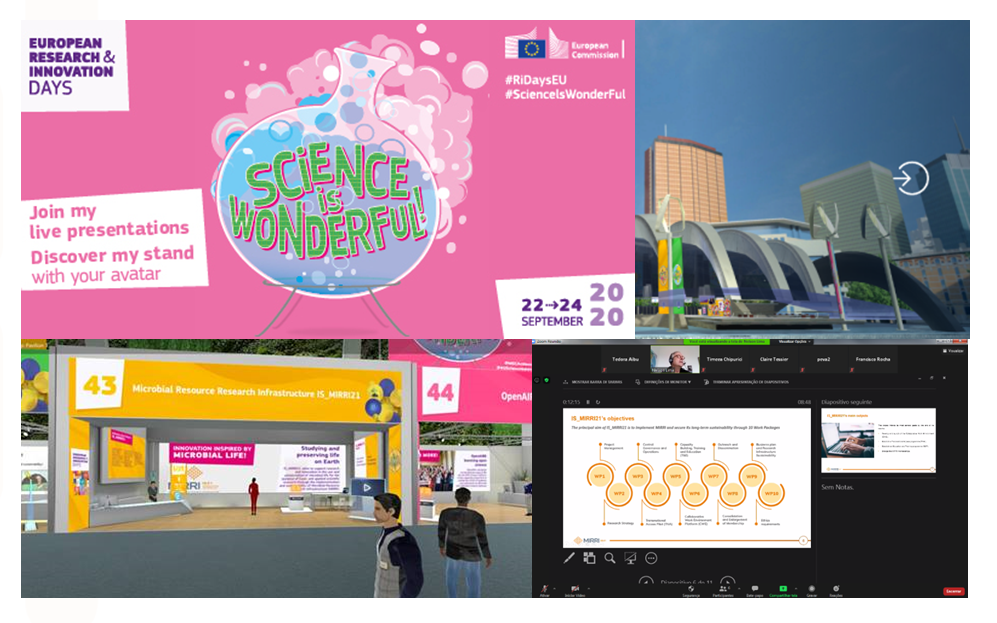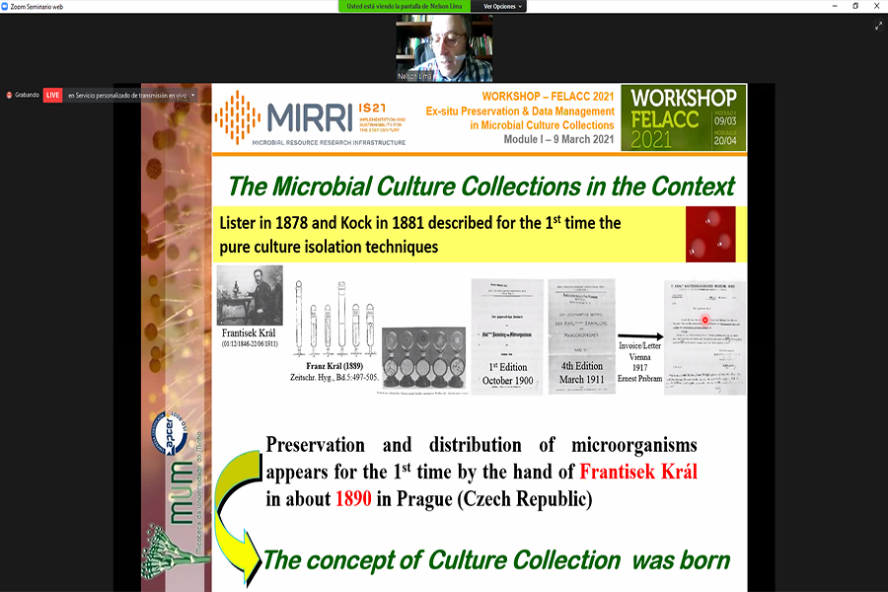
| On 9 March and 20 April 2021, the project partners, the University of Minho and the University of Valencia, represented the work of MIRRI and IS_MIRRI21 at the Latin American Federation for Culture Collections (FELACC) workshop entitled ‘Ex situ Preservation and Data Management in Collections of Microbial Cultures’. The event was divided into two modules: professor Nelson Lima, director of Micoteca da Universidade do Minho (MUM) participated in module I (9 March 2021) with the conference “Microbial culture collections: European and national challenges for the MIRRI research infrastructure”, and professor Rosa Aznar, director of the Spanish Type Culture Collection (CECT) at the University of Valencia, participated in module II (20 April 2021) with the conference “MIRRI the gateway to microbiological innovation in Europe”, both showing the importance of the culture collections in microbiodiversity preservation and the paper of MIRRI in providing microbial-based green solutions to societal challenges. The event hosted more than 500 researchers, students and specialists from various countries and was conducted in Spanish and Portuguese with the intention of inviting and engaging audiences from European and Latin American countries. The virtual workshop was organized by the Latin American Federation for Culture Collections (FELACC) and the Universidad de La Frontera (UFRO) with the aim of gathering international scientific communities interested in ex situ preservation of microorganisms and data management to empower and expand collaborative networks across the globe. The workshop provided a platform to stress the value of building a solid international network with the objective of implementing awareness-raising campaigns about the importance of ex situ preservation of microorganisms. In addition, it provided an opportunity to showcase UFRO’s work in the field of ex situ preservation and data management in the collection of microbial cultures. Both MUM and CECT had also the opportunity to show the microbial services provided and their work on microbial preservation on the online, non-synchronous poster presentation session and abstract book. |
Publisher: IS_MIRRI21 communication team

